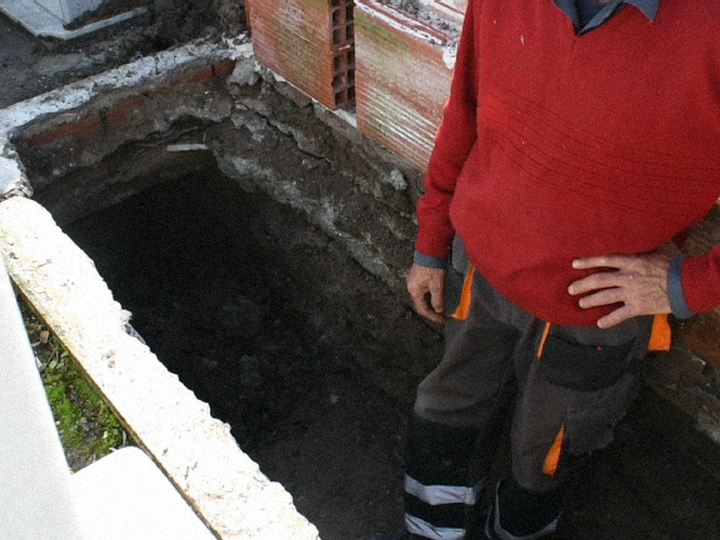SYMVIOSIS

Eléni Yapoutzidi Karras is an independent architect / researcher based between Brussels and Thessaloniki. Her practice blends spatial investigation with artistic strategies to explore how architecture operates within broader political, social, and ecological systems. This hybrid approach, rooted in experimentation and critical inquiry, allows her to reflect on contemporary realities through both conceptual and material lenses.
She was granted scholarship to attend an international workshop and has participated in exhibitions and research programs across Europe. Her work has also been presented at architectural research conference.
Eleni’s architectural practice is grounded in conceptual research and driven by a desire to engage critically and emotionally with the complexities of contemporary life. She views architecture not just as building, but as a medium for reflection, transformation, and inquiry. Through experiential design, she uses architecture to convey emotion and narrative, often blending artistic media such as film and drawing. Her practice emphasises empathy and creative resistance, fostering connections between humanity and the built environment.
World is suffering from intense crisis: neocolonialism, environmental collapse, war and racism... which deeply fracture our collective sense of safety and belonging. Meanwhile, an increasingly dense and confined urban population put pressure on existing infrastructure, calling for a radical rethinking of space: not only in function, but in emotional, educational, and symbolic terms. The project explores the impact of a personal trauma on children's mental health, focusing on the importance of familiarizing them with loss and its potential post-traumatic effects.
The future is intertwined with children, who are the main axis of this project. The research investigates radical architectural strategies that transform infrastructure of fear into spaces of creative resistance and “health” heritage. It proposes a new typology: a hybrid thematic park that merges a children’s playground with an existing cemetery. This symbolic space allows loss to be explored not as trauma, but as shared experience through play, storytelling, and intercultural dialogue. The project uses symbols of loss from different cultures, transforming them into sculptural toys for children to explore. All this indicates the peaceful coexistence of nations and cultures.
Cemeteries, often marginalized in urban synatx, are reframed here as essential public space of collective identity and pedagogy. Supported by psychoanalytic, anthropological, and ethnographic research material (films etc), the project examines how public space can serve as a platform for coexistence, emotional literacy, and cross-cultural healing. It calls for a future where grief is no longer taboo, but a language of resilience, where architecture nurtures empathy, community, and the ability to face uncertainty with imagination.